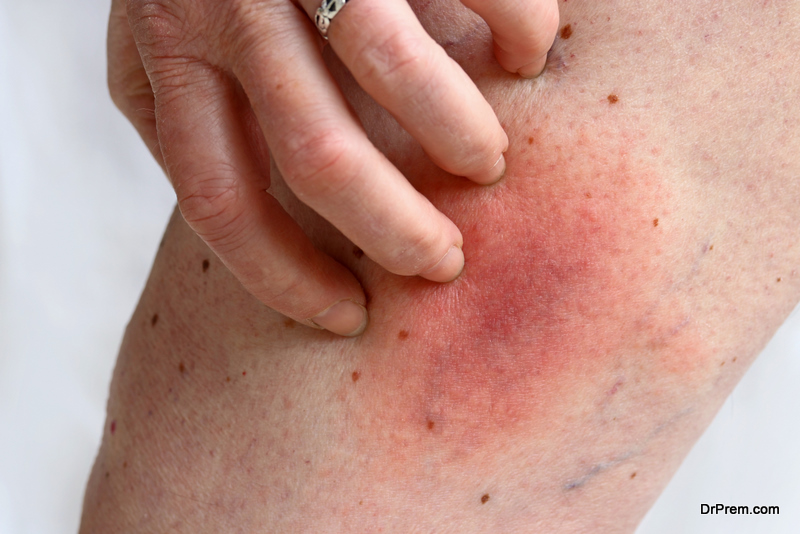Asthma is an inflammatory condition of the airways. Sufferers undergo episodes of wheezing, chest tightness, coughing and breath shortness. These episodes can happen few times a week or day, depending on the severity of the disease. The causes of asthma are usually environmental or genetic and there has been no cure until now. Asthma can ultimately become life-threatening for some people. Now, some researchers in different institutes have come up with some potential cures for asthma. Take a look at these new developments:
Leceister University’s discovery
Researchers have discovered that a form of the protein HMGB1, is related to the narrowing of the airways in people suffering from acute asthma, and its levels are invariably seen to rise in those patients. The finding is related to non-environmental related asthma. This can enable drug manufacturers to target specifically the protein, which would help in the treatment of asthma patients in the future.
The study was published in the Journal of Allergy and Clinical Immunology, and was carried out using the samples provided by people who suffered from moderate, mild and severe asthma. It also included healthy volunteers from Glenfield Hospital.
For people with asthma, treatment has not been 100% effective. Though there are a many new therapies under investigation for asthma due to allergy, there have been very few targeted at asthma which is caused due to genetic causes.
This discovery of the protein which restricts the airways in people who have non-allergic asthma, by Leiceister University researchers can help in the development of drugs which may provide a cure for asthma of this kind.
Antibody drug injections can help people with severe asthma
Scientists have found that injecting ‘Benralizumab’ prevented severe asthma attacks, especially those which could not be controlled with high doses of drugs or steroid inhalers. This is certainly good news for those who suffer from life-threatening asthma. Benralizumab has been made in a way that it targets immune cells of the lungs, called eosinophils and also clears them. Eosinophils play a major role in asthma and allergies.
Benralizumab was found to be effective after it was tested on over 2,500 people suffering from severe asthma. The trials Calima and Sirocco, were conducted at the British Columbia University, Canada and Wake Forest School of Medicine, US respectively. Both the trials found that these drugs reduced ‘exacerbations’ i.e. episodes of wheezing, chest tightness and other effects due to asthma. The Calima trial saw ‘exacerbations’ reduced by 28-36%, whereas there was a 45-51% cut in Sirocco trial.
People with uncontrolled asthma have limited treatment options, as they already are on high doses of corticosteroids and beta agonists. Both the studies proved that eosinophils were almost completely depleted at the end of the fourth week of treatment. Besides, asthma attacks were reduced and lung function was also seen to improve in patients suffering from eosinophil related asthma, with the help of Benralizumab treatment every 4-8 weeks.
The findings of the studies were published in the medical journal The Lancet and presented in the annual meeting of the European Respiratory Society held in London.
Nucala (Mepolizamab) approved by FDA for severe asthmatic patients
The FDA approved Nucala as an add on drug for patients with severe asthma (eosinophilic). Nucala can be prescribed to patients who are 12 years or older. It cannot be treated in bronchial asthma. Nucala can reduce the levels of eosinophils, and to start the treatment, the elevation of eosinophils has to be more than 150 cells/ microliter (at the beginning of treatment) or 300 cells / microliter in the past year.
Nucala has been found to block production and survival rates of eosinophils. In one of the studies conducted, eosinophils were seen to decrease by 84%, in the duration of 4 weeks of study.
Nucala is injected into the body once every month, and study patients have reported lesser attacks and visits to the ER/hospital.
These new asthma treatments will make life easier for those suffering from severe asthma. Patients, who had to depend on high doses of steroids, now can have the benefit of these new therapies, and may even be cured of asthma, in the long run.






